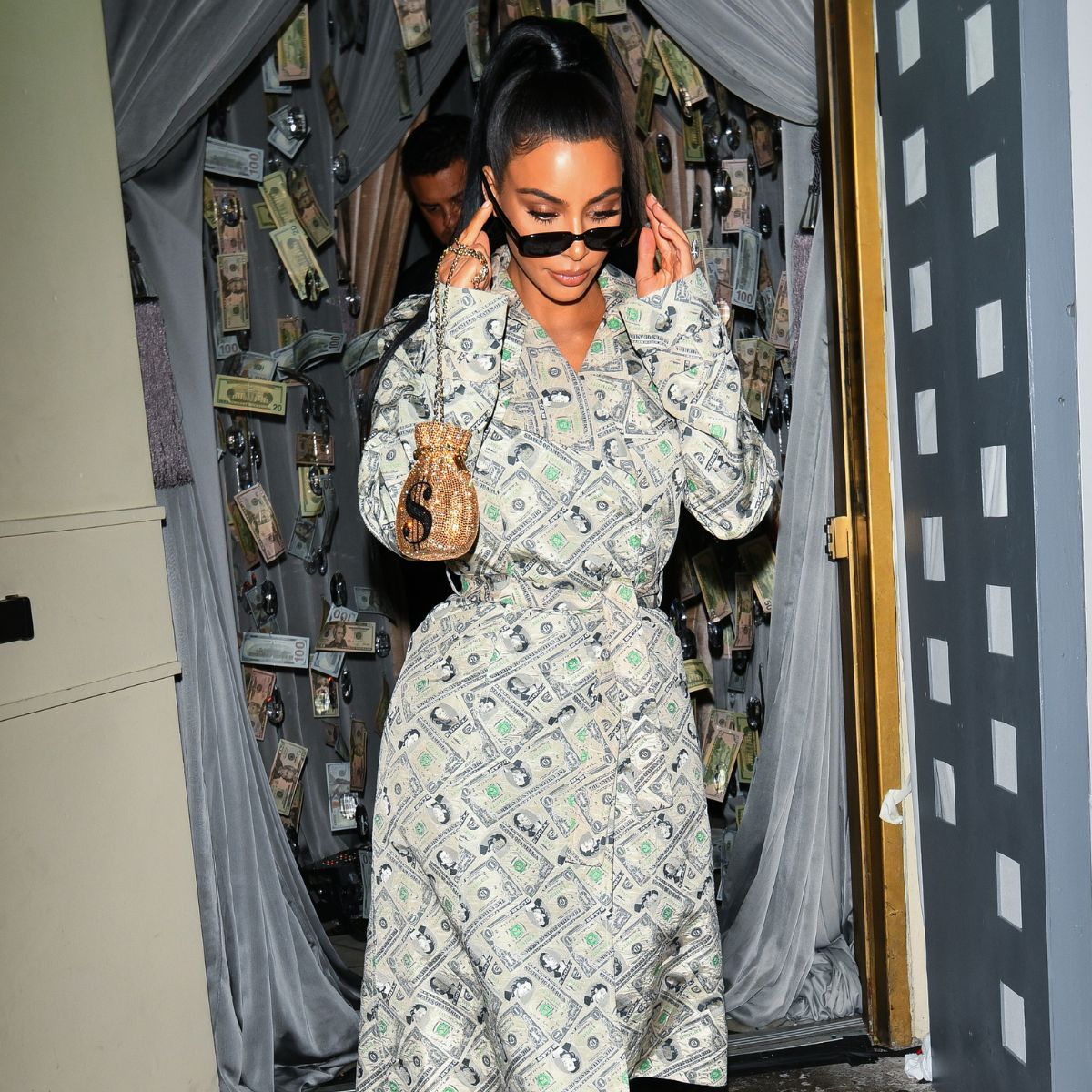
The quest for the “perfect summer” isn’t just relentless—it’s ridiculously expensive.
It is a truth universally acknowledged that if you scroll TikTok long enough, you’ll end up convinced you need a Dyson Airwrap.
With summer sales in full swing and TikTok Shop pushing dopamine discounts at lightning speed, the virtual catwalk of “hot girl summer” hauls and “brat summer” edits isn’t just cluttering feed, it’s quietly draining bank accounts. Side note: Can we please stop turning everything into Something Girl Summer?
Social media doesn’t just warp how we spend — it warps how we feel about money, success, and self-worth. From £80 serums to sun-drenched European escapes, what starts as harmless inspiration can quickly morph into a relentless, internalised pressure to live up to an aesthetic ideal, often financed by buy-now-pay-later schemes, credit cards, and quiet desperation.
TikTok and Instagram aren’t just apps anymore — they’re finely tuned machines of aspiration. And while the glossy content may look harmless (read: aspirational), financial experts warn they’re fuelling a new kind of emotional spending spiral, with very literal costs.
“These platforms are, essentially, highlight reels of manufactured perfection,” says Ayesha Ofori, financial expert and founder of Propelle, a female-centred financial education community. “We scroll through curated lifestyles where 25-year-olds seem to own dream apartments, travel constantly, and wear head-to-toe designer—all without a hint of financial strain. But the reality is, these are carefully constructed illusions, often fuelled by sponsorships and selective sharing.”
Every scroll presents a curated world where everyone seems to be living a luxurious, effortless lifestyle.
Ayesha Ofori
To compound things—and not in the way we like, as in, compound *interest*—it’s becoming harder to tell the difference between genuine financial wellness and performative prosperity. Enter: money dysmorphia—a term Ofori uses to describe the increasingly common disconnect between how people feel about their finances versus the reality.
In a world where luxury appears effortless and spending is sold as self-care, it’s increasingly difficult to distinguish between authentic financial wellness and other misleading representations.
In 2025, over 63% of UK millennials have used Buy Now, Pay Later (BNPL). services. Klarna reported a 50% year-on-year rise in travel bookings, and TikTok Shop racked up over £1.8 billion in beauty and personal care sales alone.
“It’s like financial body dysmorphia,” Ofori explains. “Even people who are doing perfectly fine might feel inadequate because they’re constantly measuring themselves against a filtered, monetised version of someone else’s life.”
And the fallout is more than emotional. According to UK Debt Expert, millennials and Gen Z now carry average personal debts exceeding £10,000, with short-term borrowing—especially via BNPL—on the rise.
“You’re not just buying the dress,” says Maxine McCreadie, personal finance expert at UK Debt Expert. “You’re buying the moment, the photo, the illusion of keeping up. It’s no wonder so many young people are waking up financially hungover.”
The thing is, the aesthetic of summer is seductive. From glossy Amalfi Coast vlogs to outfit transitions scored by Dua Lipa, the cost of participation adds up fast. Sure, the trends may feel harmless, fun even, but they come with a whole set of financial side effects beyond the gel manis, Ubers, and Aperol Spritzes.
“Seasonal peer pressure, amplified by the algorithm, can lead to spending that’s totally unsustainable,” McCreadie warns. “There’s nothing wrong with wanting to enjoy yourself—but when every scroll turns into a spending spree, it’s dangerously easy to lose track.”
So, How Do We Protect Our Wallets—and Our Sanity?
- Curate Your Feed: The easiest way to escape the spending trap? Change what you see. Both Ofori and McCreadie recommend unfollowing or muting accounts that spark financial FOMO. “Out of sight, out of mind,” says Ofori. “Your summer doesn’t need a filter—or a credit card bill.”
- Set a Summer Budget: Not sexy, but necessary. Build a budget that covers everything from festivals to fashion—and actually check in with it. “A budget isn’t about restriction,” says McCreadie. “It’s about freedom. You get to enjoy the season without the panic spiral come September.”
- Plan Ahead: Spontaneous nights out might make for a good story, but they often come with a hefty price tag. Suggest alternatives—BYOB picnics, free outdoor cinema, a good old-fashioned BBQ. Still social, far more sustainable.
- DIY the Glam: You don’t need a fresh set of lashes or a £200 Zara haul to look good. “Learn to do your own brows. Restyle what’s already in your wardrobe,” says McCreadie. “Make DIY your default.”
- Track Your Spending: Use apps like Monzo, Plum, or Emma to keep tabs on your spending. The earlier you notice patterns, the easier they are to break.
- Reframe Success: “Social media is marketing,” Ofori says. “It’s storytelling with a sales target. True financial wellness comes from knowing your values—not from replicating someone else’s curated lifestyle.”







